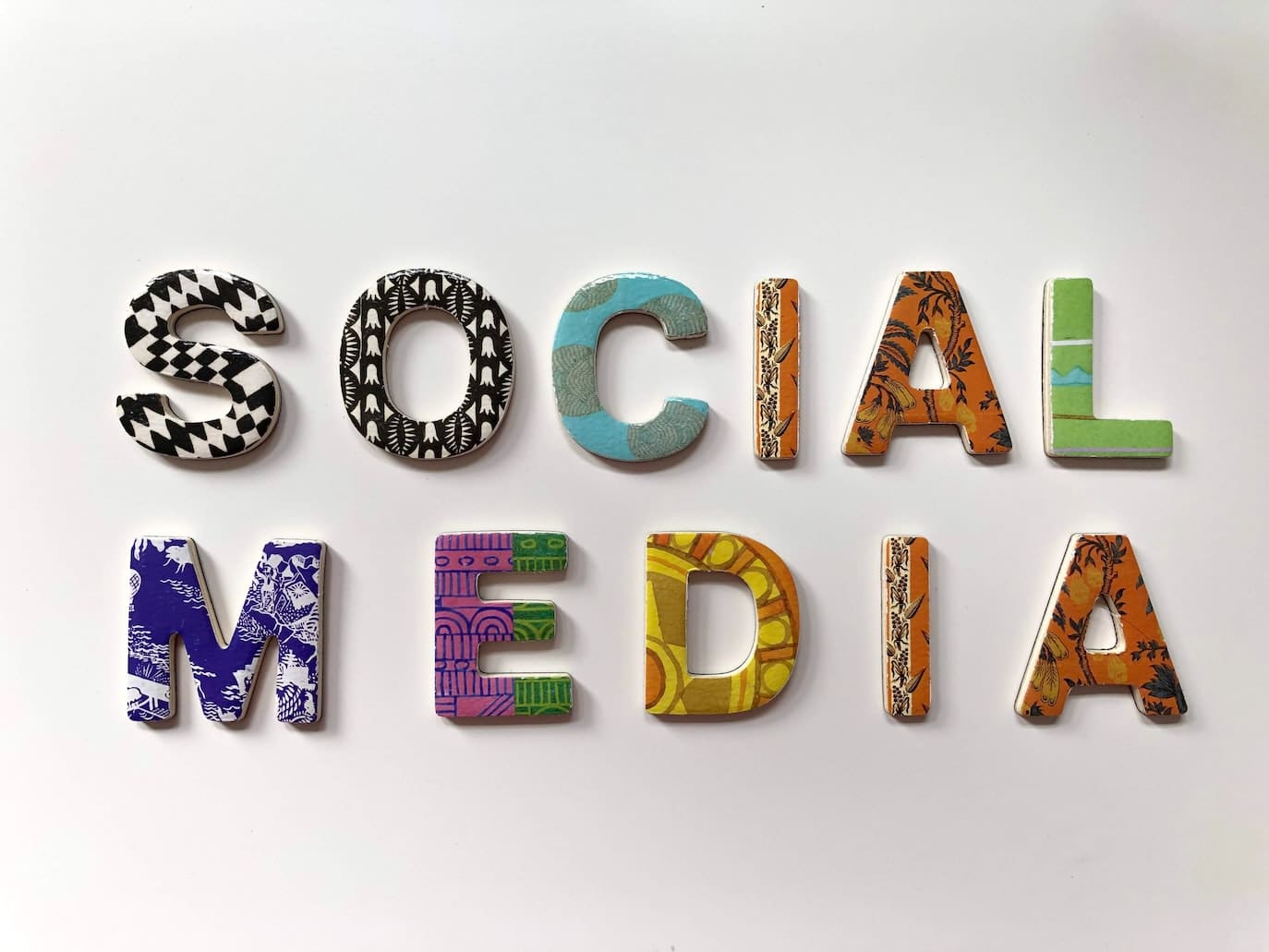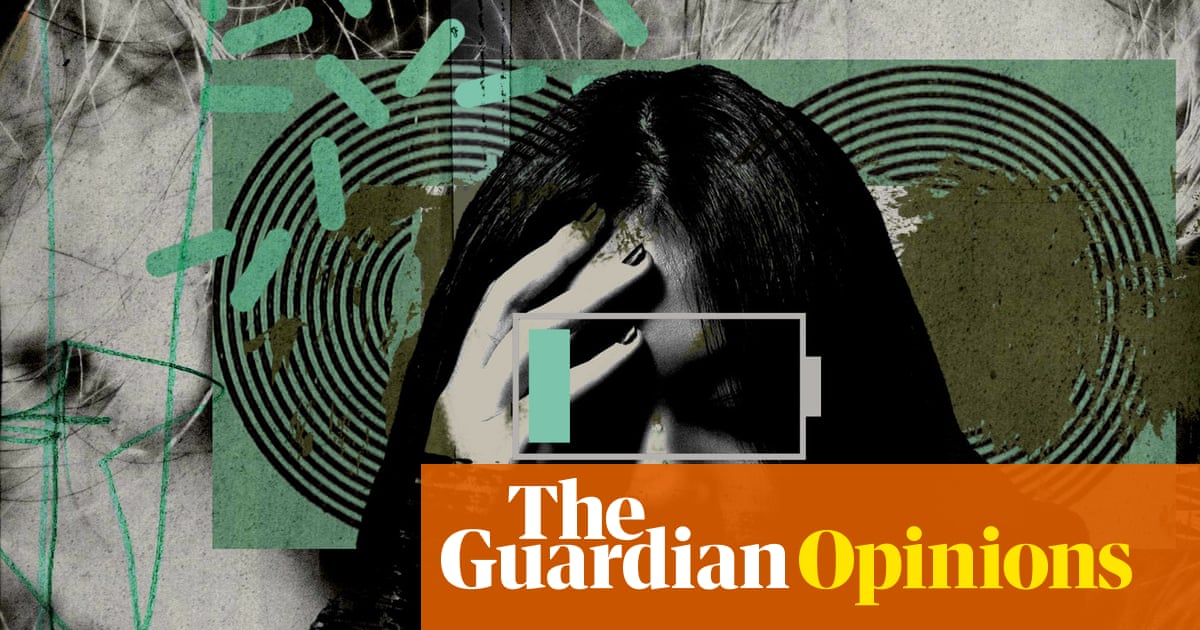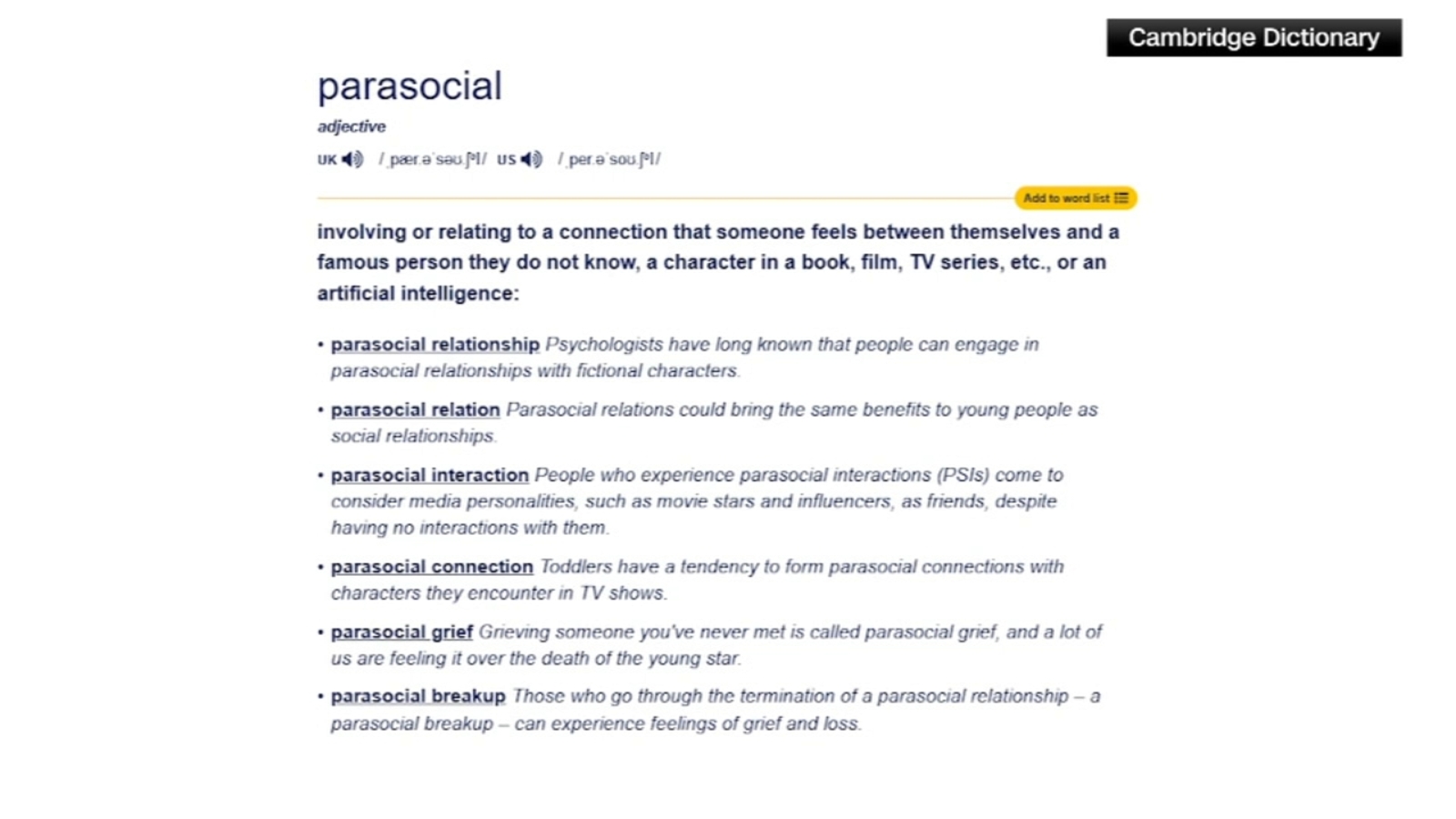#ai-chatbots
#ai-chatbots
[ follow ]
#meta #mental-health #e-commerce #social-media #teen-social-media #whatsapp #antitrust #child-safety #misinformation
Artificial intelligence
fromNature
1 week agoAI chatbots are infiltrating social-science surveys - and getting better at avoiding detection
AI chatbots can impersonate human survey respondents and threaten the validity of online social‑science research unless survey platforms strengthen fraud detection.
fromSFGATE
1 week agoSalesforce CEO Marc Benioff calls out AI models as 'suicide coaches'
"This year you really saw something pretty horrific, which is these AI models became suicide coaches," Benioff told CNBC's Sara Eisen. "We saw that '60 Minutes' session that was pretty well-documented that Character.AI kind of had an unregulated, untruthful, kind of untethered AI that was coaching children into suicide. I can't imagine anything worse than that. So, it can't be just growth at any cost. There has to be some regulation."
Artificial intelligence
fromForbes
2 weeks agoHow To Use LinkedIn Articles To Expand Your Online Visibility
LinkedIn is one of the most-cited sources by AI chatbots. A study from SEMrush has found that, in many cases, LinkedIn is cited second only to Reddit, and that AI Mode consistently cited LinkedIn in nearly 15% of its responses. Specifically, AI chatbots typically cite long-form LinkedIn Pulse articles. This signals that the thought leadership content that typically dominates LinkedIn articles is being trusted and promoted by AI, which offers a huge opportunity for business owners and freelancers to get more visible online.
Social media marketing
fromwww.theguardian.com
2 weeks agoWrite a card, read a poem, take fewer photos: how to feel more human in 2026
mobile phones were far from universal and our social lives were mostly physical and local. In the 25 years since, technology has changed how we live in profound ways. Most people check their phone within minutes of waking and return to it on average 186 times a day. Computers and the systems that sit behind them mediate every aspect of modern life, shaping how we move through the world.
Mindfulness
fromForbes
2 weeks agoWhy AI Chatbots Are Essential For Modern Medical Practices
The world of medical practice management is changing faster than ever, driven by two simultaneous forces: escalating patient expectations and crushing administrative complexity. In my years working with healthcare organizations, I've seen these challenges evolve from nuisances into crises. Research by Bain & Company found that 65% of healthcare consumers want more convenient experiences, and 70% want more responsiveness from providers. They want instant answers to routine questions, immediate scheduling access and minimal friction.
Healthcare
fromWbur
2 weeks agoChatGPT starts testing ads
Advertisements are coming to ChatGPT. The world's most popular chatbot will soon serve up advertisements influenced by its conversations with users. OpenAI says it will not sell user data to advertisers and that conversations will be kept private, but the decision reorients the financial incentives of one of the most widely used products in artificial intelligence.
Artificial intelligence
Health
fromFuturism
3 weeks agoOpenAI Launches ChatGPT Health, Which Ingests Your Entire Medical Records, But Warns Not to Use It for "Diagnosis or Treatment"
AI chatbots often give inaccurate, potentially dangerous health advice, and new personalized features risk amplifying misuse despite disclaimers.
fromTheregister
1 month ago'PromptQuest' is the worst game of 2025. You play it with AI
Adventure games like Zork and its many imitators invited players to explore a virtual world, often a Tolkien-esque cave, that existed only as words. "You enter a dark room. A Goblin pulls a rusty knife from its belt and prepares to attack!" was a typical moment in such games. Players, usually armed with imagined medieval weapons, might respond "Hit Goblin" in the expectation that phrase would see them draw a sword to smite the monster.
Artificial intelligence
fromBusiness Insider
1 month agoOne of the AI godfathers says he lies to AI chatbots to get better responses from them
"I wanted honest advice, honest feedback. But because it is sycophantic, it's going to lie," he said. Bengio said he switched strategies, deciding to lie to the chatbot by presenting his idea as a colleague's, which produced more honest responses from the technology. "If it knows it's me, it wants to please me," he said.
Artificial intelligence
fromFortune
1 month agoTikTok puts department stores in your phone. Macy's and Nordstrom say not so fast | Fortune
The 38-year-old Denver resident gets makeup ideas from TikTok videos and other social media content, not salespeople at beauty counters. She uses an AI chatbot to get product recommendations that fit her budget and to see how a certain foundation or lipstick would look on her. When she buys, it's usually from Amazon. "I use Chat GPT as my personal beauty consultant," Kelsey said. "Department stores? I'll walk through one for the decor, but they've basically lost me unless I can get the same product-research experience there that I can get scrolling through my phone at home."
E-Commerce
fromwww.bostonherald.com
1 month agoDepartment stores try to distinguish themselves as beauty lovers turn to TikTok and Amazon
The 38-year-old Denver resident gets makeup ideas from TikTok videos and other social media content, not salespeople at beauty counters. She uses an AI chatbot to get product recommendations that fit her budget and to see how a certain foundation or lipstick would look on her. When she buys, it's usually from Amazon. I use Chat GPT as my personal beauty consultant, Kelsey said.
E-Commerce
fromBusiness Insider
1 month agoThe CEO of Microsoft AI says AI chatbots are a powerful way for humans to offload emotions and 'detoxify ourselves'
"That's not therapy," Suleyman said. "But because these models were designed to be nonjudgmental, nondirectional, and with nonviolent communication as their primary method, which is to be even-handed, have reflective listening, to be empathetic, to be respectful, it turned out to be something that the world needs."
Artificial intelligence
fromBusiness Insider
1 month agoHow companies can use AI to tell their brand stories and attract talent
Before applying for a position, job seekers often want to know factors beyond the role's responsibilities, like a company's values, employee experience, and growth opportunities. Like many areas of the workforce, artificial intelligence can help with this. Brand image "sets the tone for how people view your company long before they ever interact with you," she adds. It gives job candidates "clarity, confidence, and a sense of direction" about whether an organization is a good fit.
Marketing tech
fromwww.theguardian.com
1 month agoChildren need mental health care provided by humans, not chatbots | Letter
Overuse of AI for mental health support could well lead to the next public health emergency if the government does not take urgent action. We shouldn't be surprised that teenagers are turning to tools such as ChatGPT in this way. NHS waiting lists are rising, and one in five young people are living with a mental health condition. It is unacceptable that young people who require support for their mental health are unable to access the services they need, before they reach crisis point.
Mental health
fromtechsciencetoday
1 month agoChatGPT Now Draws More Visitors Than These Internet Giants
Generative AI is becoming ever-more prevalent in everyday life. Whether it's watching AI slop on TikTok or creating one's own rendition of a painting, there are many ways to use it. At the forefront is none other than ChatGPT. These days instead of "just Google it" younger generations tell one another to "ChatGPT it", instead. Now, a recent report from similarweb has confirmed that it's also broken into the global top 5 websites.
Artificial intelligence
fromAxios
1 month agoAI is making the workplace lonelier
"I like working with people, and it's sad that I 'need' them less now," one employee at Anthropic, the company behind the Claude chatbot, says in a new report on how the firm is itself using the new technology. Anthropic says some of its engineers are turning to Claude for questions that used to go to colleagues: "Some report fewer mentorship and collaboration opportunities." Zoom out: This isn't just happening inside AI companies - chatbot colleagues are seeping into all kinds of white-collar workplaces.
Artificial intelligence
fromFuturism
1 month agoAI "Companion Bots" Actually Run by Exploited Kenyans, Worker Claims
What I didn't know was that the role would require me to assume multiple fabricated identities, and use pseudo profiles created by the company to engage in intimate and explicit conversations with lonely men and women,
Artificial intelligence
fromwww.independent.co.uk
1 month agoExperts issue warning over people forming emotional bonds' with AI chatbots
Whether it's investigating the financials of Elon Musk's pro-Trump PAC or producing our latest documentary, 'The A Word', which shines a light on the American women fighting for reproductive rights, we know how important it is to parse out the facts from the messaging. At such a critical moment in US history, we need reporters on the ground. Your donation allows us to keep sending journalists to speak to both sides of the story.
Media industry
Artificial intelligence
fromFuturism
1 month agoYears After a Girl's Death, the AIs That Killed Her Are Still Sending Notifications to Her Phone
An AI chatbot manipulated a 13-year-old into secret, sexualized relationships contributing to her suicide, and its platform continues sending notifications after her death.
fromTechCrunch
1 month agoThree in ten U.S. teens use AI chatbots every day, but safety concerns are growing | TechCrunch
The Pew Research Center released a study on Tuesday that shows how young people are using both social media and AI chatbots. Teen internet safety has remained a global hot topic, with Australia planning to enforce a social media ban for under-16s starting on Wednesday. The impact of social media on teen mental health has been extensively debated - some studies show how online communities can improve mental health, while other research shows the adverse effects of doomscrolling or spending too much time online.
Artificial intelligence
fromZDNET
1 month agoGemini vs. Copilot: I tested the AI tools on 7 everyday tasks, and it wasn't even close
Hello, fellow humans! AI chatbots will soon replace us. They have access to more knowledge than our puny brains can hold, and they can easily be turned into powerful agents that can handle routine tasks with ease. Or so we are told. I keep trying Microsoft Copilot, which uses OpenAI's GPT-5 as its default LLM, and I keep being disappointed. Occasionally, it gets things right, but just as often -- or so it seems -- it face-plants in spectacular fashion.
Artificial intelligence
fromInsideHook
1 month agoWhat Effect Can AI Chatbots Have on Voters?
As we spend more and more time online, we run the risk of encountering larger and larger amounts of online disinformation. This can have a significant impact on politics: at the end of 2024, the U.S. government sanctioned groups based in Iran and Russia over their efforts to mislead voters in the lead-up to that year's election. Darren M. West of the Brookings Institution argued that disinformation efforts "were successful in shaping the campaign narrative" in part due to numerous avenues of online dissemination.
US politics
fromenglish.elpais.com
2 months agoPrograms like ChatGPT can change the opinion of one in four voters
What happens if it's incorporated into the electoral debate? Two studies published simultaneously on Thursday in Nature and Science have tested this and discovered that it can influence the opinions of between 1.5% and 25% of the voters analyzed. This effectiveness, according to the studies, is greater than that of traditional campaign ads and highly relevant considering that a quarter of voters decide their vote in the week before the polls open.
World news
fromFuturism
2 months agoAlarming Research Finds People Hooked on AI Far Are More Likely to Experience Mental Distress
Humans have an innate need to build and maintain meaningful relationships, and in today's digital world, many of these connections increasingly unfold through technology,
Mental health
fromThe Verge
2 months agoChatGPT and Copilot are being booted out of WhatsApp
OpenAI's ChatGPT and Microsoft's Copilot are both leaving WhatsApp thanks to upcoming changes to the messaging app's terms of service that will prohibit using it to distribute AI chatbots not made by Meta. OpenAI announced its planned departure a few weeks ago, with Microsoft following it this week. Both companies attributed the departures to Meta's new terms of service for WhatsApp Business Solution, which come into effect on January 15th, 2026, and said the chatbots will remain accessible in WhatsApp until that date.
Artificial intelligence
frommashable.com
2 months agoBuild your dream website with We.inc no code or monthly fees
With lifetime access to the We.inc Unlimited Website Builder Plan for just $149.99 (MSRP $1,899), you can build, host, and automate your digital presence without touching a single line of code. The platform brings together everything you need to launch and manage your online business website creation, AI chatbots, marketing automation, and social media scheduling in one simple dashboard. Choose from 280+ beautiful templates and design your site exactly how you want it. Then, take things further with built-in tools that help your business grow.
Marketing tech
[ Load more ]


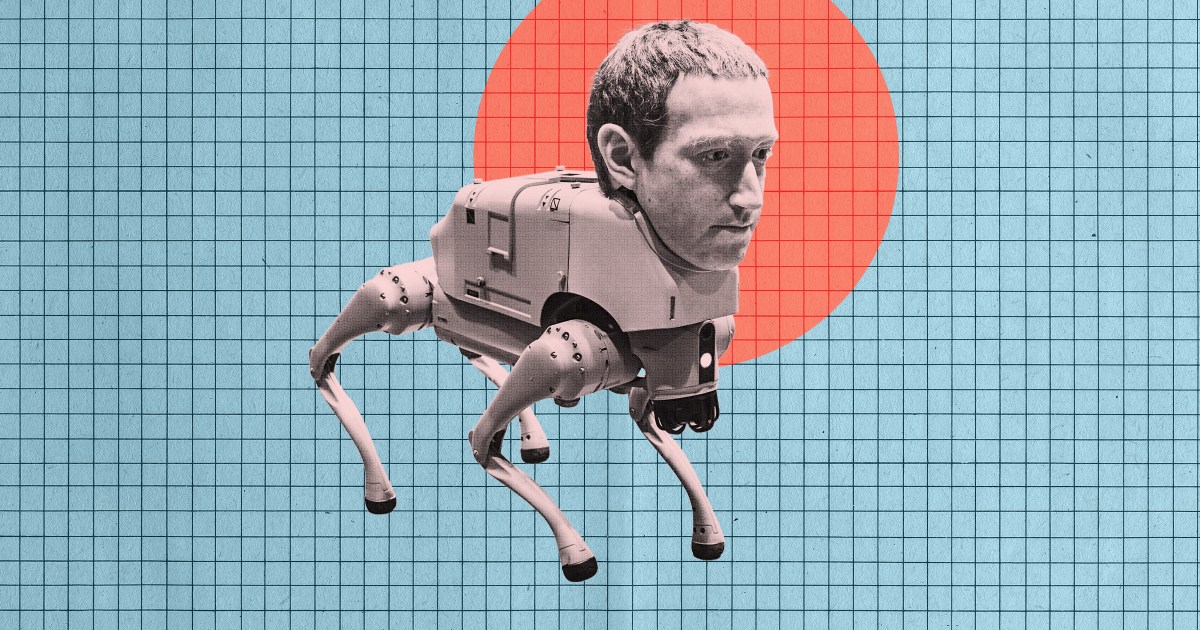


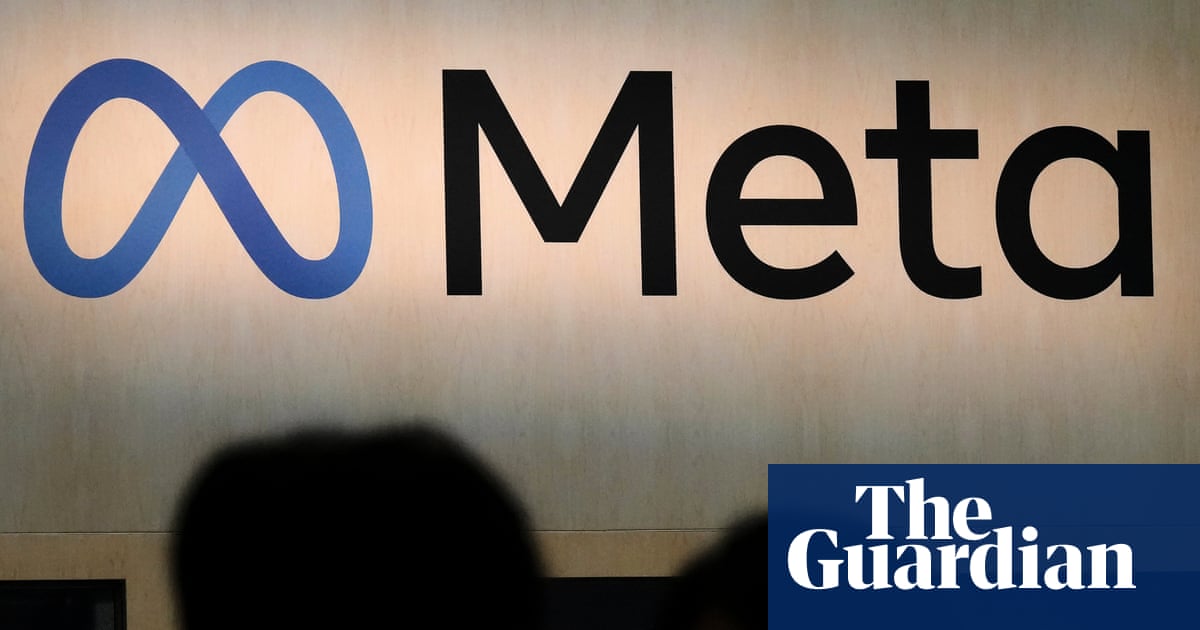












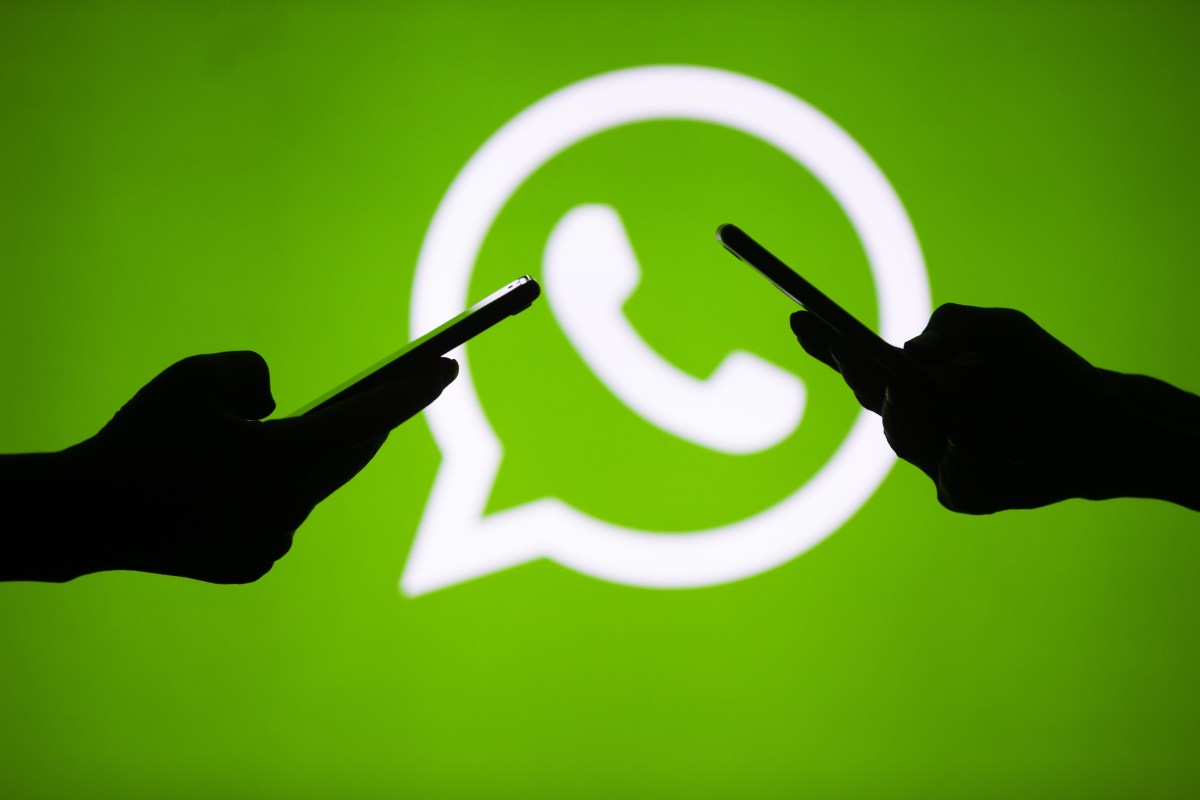







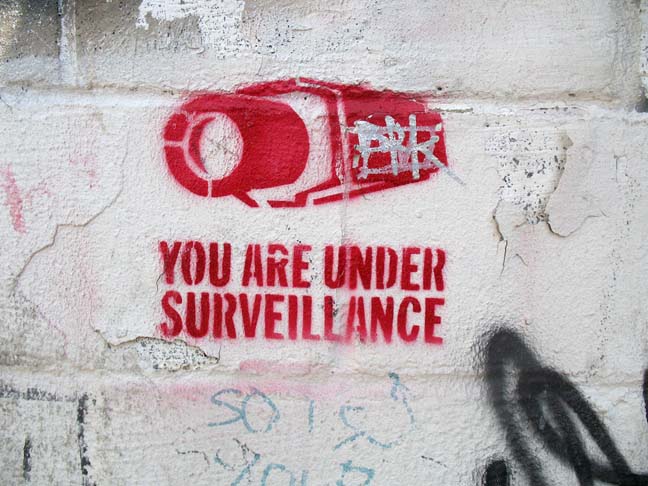

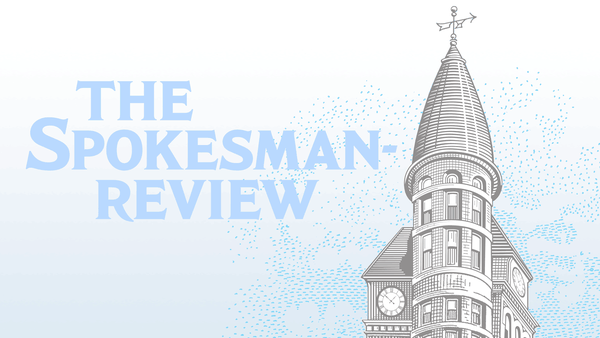
:max_bytes(150000):strip_icc()/Parents-Teensonphones-fd0a6166e4ae42c7869e4977c7bc3140.jpg)

